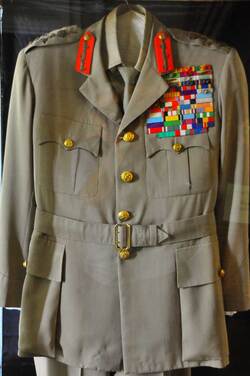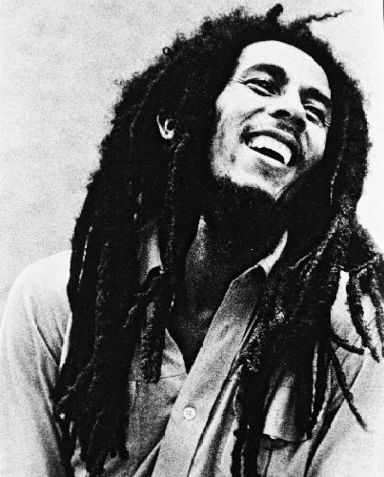THE PAN-AFRICAN CONGRESSES (1900-1945)
a) The 1st pan-African conference, London, 1900. It was held at the WestminsterTownhall from 23rd to 25th July with 32 participants from Africa, USA, Canada and West Indies. The conference was sponsored by a Trinidad lawyer Henry Sylvester Williams who coined the term Pan-Africanism. The conference marked the entry of
Du Bois into Pan Africanism where he made his famous statement “The problem ofthe 20th c is the problem of colourline” Objectives of the conference
The conference made the following recommendations;
c) The 3rd Pan-African Conference 1921. The conference was held in three sessions inLondon, Brussels and Paris. The London session was attended by 41 Africans, 35 American coloureds, 7 West Indies and 24 Africans living in Europe at that time. It was patronaged by Du Bois. The conference demanded for the establishment of political organizations among the suppressed blacks. It emphasized international and interracial harmony and democracy.
d) The 4th Pan-African congress (London and Lisbon 1923.) it reiterated earlier resolutions and also demanded that black people be treated like human beings.
e) The 5th Pan-African Conference, New York 1927. It was mainly attended by African Americans and was partly sponsored by European Philanthropists. It discussed the attitude of the communists towards pan-Africanism.
f) The 6th Pan African conference, Manchester 1945. it coincided with the end of the World War II. It was convened by the Pan African Federation which had been formed in 1944 by 13 organizations representing students’ welfare and political groupings. Leaders of the federation were George Padmore, Ras Makonnen (Ethiopia). C.L.R Wallace Johnson and Jomo Kenyatta. The conference was greatly inspired by the liberation of Ethiopia in 1941 and Clause three of the Atlantic Charter (1941) (that USA and British governments would respect the right of all people to choose the form of government under which to live) which Winston Churchill claimed was not applicable to the Africans.
b) The 2nd Pan-African Conference, Paris, 1919.The conference coincided with the Paris Peace conference. The conference was convened by William Du bois who had been sent to Paris by NAACP to investigate the allegations that African American troops stationed in France during world war I experienced racial discrimination and to represent the interest of the black peoples at the Paris peace conference.
The conference was convened on 15th oct. 1945 and was attended by 90 delegates who included Du Bois (West Indies), Nkrumah(Ghana), Kenyatta(kenya), Padmore (Trinidad), peter Abrahams(south Africa), Ras Makonnen(Ethiopia) , Magnus Williams representing Azikiwa Nnamdi (Nigeria), Obafemi Owolowo (Nigeria) and Kamuzu Banda (Malawi) and 11 observer nations. Du bois chaired the conference while Nkrumah and Padmore were joint secretaries.
Uniqueness of the conference
Why the 1945 Manchester (Pan-African) Congress was a landmark in the history of Africa.
Why pan-African movement was not active in Africa before 1945
The role of Kwame Nkrumah in Pan-Africanism
Reasons why the pan-African movement became active in Africa after 1945
Performance of the Pan-African Movement:
|
Archives
April 2024
Categories
All
|


 RSS Feed
RSS Feed